|
Got a lot of book-loving friends? Of course you do--bookish friends are the best kind of friends. And those great friends deserve great gifts, whether it’s for a birthday, a holiday, or maybe just to thank them for introducing you to your new favorite author.
Here’s a wrap-up of our favorite bookish gift ideas of the season.
A book from Bookshop.org
It might seem too obvious to say, but get your book bestie . . . a book! There’s still nothing like the gift of a new book, fresh with that new-book smell. *Deep inhale* Yep, it’s a high like no other.
But this time, instead of ordering on Amazon because it’s easy, or maybe because your favorite bookstore’s online selection is more limited, you can now support your favorite indie bookstore by shopping the super-convenient, massive selection of books available on Bookshop.org. Bookshop works with local, independent bookstores to provide an immense selection of books that are as easy to find and order as they are on Amazon--but instead of your money supporting billionaires and completely bypassing authors, your money goes to your local bookstore! It’s a win-win! (Can’t figure out which book they’ll love? Get them a Bookshop.org gift card!) A set of dust jackets from Nerdy Ink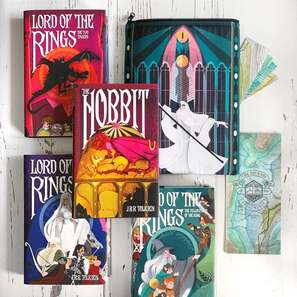 image credit: Nerdy Ink image credit: Nerdy Ink
The art of Nerdy Ink is otherworldly--and surprisingly affordable. It’s apparent that the artist behind the brand is a book lover themself, because so much passion is put into every piece. As of now, they’ve got dust jacket sets for collections like the Percy Jackson, Shadow and Bone, Red Rising, Throne of Glass, and Tolkein series of books, and at only $30-39 for an entire set, they often sell out. So hop to it! Your book bestie will cherish these (and you).
A cute tee from Inkwell Threads
You. Will. Love. These. Tees.
There are a lot of bookish T-shirts out there, and Inkwell Threads repeatedly comes out with the best designs. They are bright, colorful, modern, and clever as heck. Plus, there are so many options that you’re bound to find something for every kind of reader: your super-sarcastic friend who’s into horror, your daydreaming pal who wishes they lived at Pemberley with Mr. Darcy, your witchy sister who gives off all the fae energy, and even that one friend with kids who often struggles to find the time to read at all. They’re so well designed that your friend will want to wear these tees with every kind of outfit. There’s nothing like getting to wear your favorite bookish attire out and about and looking chic and stylish. Pair one with a blazer, a high-waisted pant, and voila! A protective book sleeve from Book Beau or DreamingofCelie
A true book-lover has at least one book with them at any given time. But taking your favorite book out into the world is a dangerous game: those book covers can be dented and torn and spilled on, the ends get all bent-up if you try to put them in your bag, and what if you’re reading in the park when it suddenly starts (*shudder*) raining?
Get your friend a gift that will protect their books in any situation: a pillowy book sleeve from Book Beau or the DreamingofCelie, two shops with lots of designs, cool options (some are waterproof and zip-up!), and even related accessories, like mugs, e-reader sleeves, tote bags, and reading pillows. Book Beau is a company that’s grown a lot in the past few years, so their quality and variety are great. The designs are gorgeous, and their thick sleeves comes in sizes “Mini” (for trade paperbacks) through “Jumbeau” (for your giant hardcovers). DreamingofCelie (an Etsy shop) also has high-quality products and a great variety, plus it’s full of designs purposefully made to bring more inclusivity to the bookish world, like the infectiously joyful "Latina Joys" sleeve, the unique "Black Woman Comic Panels" sleeve, or the freaking adorable “Women on the Go” sleeve. The shop is a Black-woman-owned business boasting almost two thousand sales and rave reviews for quality, design, originality, and customer service. You can’t go wrong here. A book holder
Your bookish friend may want to read everywhere and at any time, but the reality of reading is sometimes frustrating and messy. You want to read on your lunch break, but holding your book open with one hand and eating with the other can lead to hand cramps, your book flipping closed when you’re in the middle of a juicy scene, and mustard splattered across the pages of your favorite hardcover. Or maybe your kid fell asleep in your arms again, and while you’d rather die there than wake them from that peaceful sleep, you know if you had an extra set of arms you’d be a hundred pages into that novel you’ve been dying to start.
Well, the world of cheap and clever items has heard your cry! Honorable Mentions
Comfy socks
Book subscriptions Coffee/tea/wine that they can enjoy while reading written by Mary-Peyton Crook
0 Comments
There’s a 99.9% chance you’ve seen one while driving or walking around. A precious little house on a stick with a door you can open and BOOM—inside, it’s full of books. What a beautiful world we live in. But do you know what these tiny book havens are, or where they come from?
These boxes of bookish goodness are called Little Free Libraries. Most of them are registered with the Little Free Library 501(c)(3) nonprofit organization; you can tell which are registered by the plaques they bear featuring their ID number. But even those that aren’t registered are still lovingly referred to as Little Free Libraries, because we are not here to gatekeep book access.
How did Little Free Library start?
The very first official Little Free Library was created in Hudson, Wisconsin, in 2009. A very cool dude named Todd Bol built a miniature model of a one-room schoolhouse and then filled it with books to honor his mother, who was a teacher and a lifelong booklover, and mounted it on a post in his front yard. His friends and family loved it so much that he happily made more to share with them.
The next step for Little Free Library was Rick Brooks, who was an outreach program manager at the University of Wisconsin. Together, Bol and Brooks decided to make Little Free Libraries their next endeavor. Andrew Carnegie once committed to creating 2,508 libraries; to honor him, Bol and Brooks committed to creating 2,508 Little Free Libraries by the end of 2013, a deadline they beat by a year and a half in August 2012. In 2015, they were awarded the Library of Congress Literacy Award. In 2020, they were awarded the World Literacy Award from the World Literacy Foundation. Todd Bol tragically passed away in 2018 from pancreatic cancer. According to the organization’s site, “He remained dedicated to Little Free Library’s mission in his last days, saying, ‘I really believe in a Little Free Library on every block and a book in every hand. I believe people can fix their neighborhoods, fix their communities, develop systems of sharing, learn from each other, and see that they have a better place on this planet to live.’” This year, 2022, Little Free Library hit the 150,000 library mark, which is truly incredible. And this number doesn’t even include the unregistered libraries! What’s the point of Little Free Libraries?
Today, Little Free Libraries are about two things: community and book access. The main point of Little Free Libraries is to provide books freely to communities, especially those communities where getting books can be a challenge, particularly for children. According to the LFL website, 2 out of 3 children living in low-income communities own zero books. Little Free Libraries are a great way to change that. Anyone can start a Little Free Library anywhere (on their own property, anyway). But on top of that, LFL has their Impact Library Program, an initiative that strives to install and maintain Little Free Libraries in book deserts in the US and Canada.
Who can start a Little Free Library?
Anyone who owns land that the public might walk past can start a Little Free Library! A LFL does have to be on your personal property, and it has to be somewhere people can easily access it from public property. This is why most of the LFLs you see will be in someone’s front yard or by a business’s front door, right up against the sidewalk.
Little Free Library owners are called “stewards.” This language, rather than calling them “owners,” is meant to indicate the long-term commitment of opening a LFL. You can’t just install one and then never think of it again. LFL stewards are librarians, caretakers. It’s their job to make sure the LFL stays safe and clean and full of books! How can I find a Little Free Library?
The funnest way (in some people’s opinion) to find a LFL is to drive or walk around and happen upon one. This is part of the charm of the LFLs—they pop up when you’re not expecting them.
But if you’re a planner, there is a way to seek out LFLs near you. Little Free Library has an amazing app that features a map where you can find all the registered LFLs near you! As a reminder, there are plenty of unregistered LFLs as well, so this map is not comprehensive, but it’s a great place to start if you’re unsure where your local LFLs are, or if you’re traveling and seeking out new LFLs as you’re sightseeing. This LFL isn’t full of books. What’s up with that?
There are some small house-looking constructions, especially in cities and low-income areas, that don’t have books inside, but instead have food and other necessities. These are community food pantries run by amazing people to support their local communities. If you open up a LFL and find canned goods and other food items inside, be glad you’re in such an amazing community, and move on in your search.
Sometimes, you might open up a LFL to find that it’s totally empty. No books, no nothing. This usually happens when a LFL steward has moved away from their home that had the LFL, moved from the business where they built the LFL, or for some other reason isn’t able to care for the library. The best thing you can do if you find an empty LFL is to fill it! Go home, grab some books you no longer need, hop in your car, and go fill that bad boy up. You might even consider bringing wipes or other materials to clean the library up a bit and make it appealing to the community!
How can I engage?
The best way to support your local Little Free Library is to take a book, leave a book. When you have a book you don’t need or want anymore, take it to your local LFL, and perhaps peek inside to see if there’s anything of interest to you in there. The more that books are coming and going from these LFLs, the more people will want to visit again and again to see what’s new. Some LFLs even have social media accounts where you can follow to support them. You can make a post when you visit to share that LFL with your networks.
Little Free Libraries are amazing little oases of books that came from a wonderful initiative to make books more accessible to children who need them. We’re lucky that we all get to participate in taking a book, leaving a book, reading a book, and sharing a book. So if you’re wondering how to spend your afternoon, download the LFL app, see where the libraries are near you, and set out on a bookish adventure! written by Christina Kann
Sci-fi / Fantasy—they’re grouped together all the time, and for good reason. The genres overlap in many aspects and are both categorized as speculative fiction. So, what exactly makes them similar, and what distinguishes one from the other? And why should you even care?
Science fiction explores how science might impact a society or individuals, oftentimes in the future. Sci-fi presents a world that doesn’t exist but could exist with technological advancement—classic examples are Fahrenheit 451 by Ray Bradbury and Frankenstein by Mary Shelley.
Fantasy, on the other hand, contends with the supernatural, the magical, with settings in different worlds that could not exist—see The Lord of the Rings by J.R.R. Tolkien and A Game of Thrones by George R.R. Martin. Both include super fun sub-genres. Here are some examples in a very non-comprehensive list: Sci-fi subgenres
Fantasy subgenres
Writing a science fiction or a fantasy novel will require creativity and imagination to be sure, but you’ll also need to follow some rules. Oftentimes people think of science fiction as logic based and differentiate fantasy by chalking the genre up to a magical nonsense land where the rules don’t apply because . . . well, magic! We don’t recommend taking this approach.
Like science fiction, fantasy also requires a set of rules that the reader can follow so that the story remains satisfying and impactful. Science fiction and fantasy both deal with worlds that are unlike our own. The differences come into play when building those worlds. Common (not required) characteristics of science fiction:
Common (not required) characteristics of fantasy:
Why does any of this matter? Well, if you’re writing a sci-fi or a fantasy novel, it’s important to know the elements characteristic of each genre. You wouldn’t want to leave readers scratching their heads by including a wizard, a selkie, and a hobbit in your sci-fi novel, right? It’s important to be familiar with the genre you’re writing in so that you can be aware of the conventions of that genre. There are certain elements of each genre that readers come to expect, and we wouldn’t want to disappoint!
So, when does defining your genre become important? When querying your book, publishers will want you to be able to be able to sum up your book succinctly and clearly, and oftentimes genre can be a great first step in doing this. The reason publishers tend to care about this categorization is, ultimately, the genre will determine certain elements of marketing and how your book gets into the hands of readers. If you’re unable to clearly define your genre, categorizing your book in industry databases becomes more difficult, which could inhibit readers from finding it. Whether you’re writing the next great sci-fi or fantasy novel, keep your reader in mind, and do whatever you can to make your book as accessible to them as possible. Resources:
written by Grace Ball
Christina Kann 00:24
Welcome to How Do I Book? by Wildling Press. We like to chat about book writing, book publishing, book marketing, and, of course, book reading. We're trying to help new and experienced authors develop their craft, widen their perspectives, and learn to get a little wild every once in a while. I'm Christina, and I'm extremely excited to be joined today by Jody Sperling, host of The Reluctant Book Marketer. Hi, Jody!
Jody Sperling 00:49
Hi, I'm excited to be here. Christina Kann 00:52 We're so excited to have you. Before we go any further, what are your pronouns? Jody Sperling 00:57 Oh, I'm a he and a him and all of that good stuff. Christina Kann 01:01 Awesome. Please tell us a little bit about your podcast, The Reluctant Book Marketer, and any of your other work. Jody Sperling 01:10 I started The Reluctant Book Marketer back in January of 2022, so it's pretty new. I came to a crossroads in my life where I realized I was doing a whole bunch of stuff that I was having fun doing, but I wasn't passionate about it. I thought, "I'm going to regret my life if I don't jump out into the unknown and get my books out there." So this is part of me building a brand. I want everybody to hear my name everywhere they go, and I want to teach people how to do that for themselves if they want to sell a million copies of their book. That's the goal. Christina Kann 01:45 I love that so much. For all of our listeners out there, if you want to try out The Reluctant Book Market, or maybe sample an episode, I guested on last week's episode. Jody Sperling 01:55 Yes, and it was a great conversation. It was a fantastic conversation. Jody Sperling 01:59 I completely agree. I really enjoyed it. We got into some philosophical publishing industry stuff. I definitely recommend everyone check it out. Jody Sperling 02:10 Yes, me too. Christina Kann 02:13 We're here to talk today about publicity mindset. How do you get your brain in gear when it's time to publicize your book? This is something that you talk about a lot on your show. People don't talk about that a lot, but it seems pretty important, actually. Jody Sperling 02:35 What I realized for myself is that getting in the right mindset is more important than every other action I take, and mindset and action can't be pulled apart. There are things I have to do every day. I woke up really low-energy today, for example; I had a really busy weekend. I just felt worn out coming into today. I realized I had to run up and down the stairs in my house like 20 times and do some push ups and stuff like that to get my blood moving, because I knew if I didn't come to the day with a lot of energy, I wasn't going to get anything done. And that's all about mindset. It's not about exercise. I don't take very good care of my body; I probably should. But really, I'm fully bought into the idea that if we get our mind right, the actions we take will result in big, awesome things. Christina Kann 03:24 If another person is looking to get their Monday brain in gear, energize themselves, maybe they don't have to run up and down right staircases. You are certainly welcome to, but for somebody else, maybe that's a healthy breakfast or a cup of coffee or a brisk morning walk to energize you and get you in the right headspace to do whatever it is you have to do. When is the right time for authors to get into a good and energized publicity mindset? Jody Sperling 03:28 I've been having this conversation with folks over on Twitter quite a bit right now. I keep telling people: As soon as you know you want to write a book, you should start marketing yourself, and be really assertive about it and go overboard on it. Don't wait until you have the draft of the book done. There's disagreement there. Some people believe you should give your whole heart to the creative process and then think about marketing later. But that's where a lot of my regret lives: I waited too long. Jody Sperling 04:26 That is the one trick question I'll ask people: When should you start marketing? Because the answer is: You should have already. Jody Sperling 04:34 Yeah. 20 years ago, right? Christina Kann 04:37 If you haven't yet started, start today. Jody Sperling 04:39 Exactly. Yep. Christina Kann 04:40 Yeah. Should an author's mindset shift at all when it comes to publicity? As they go through the stages of publishing, drafting, editing, publishing, to selling, does that mindset shift at all? Jody Sperling 04:57 I don't think the mindset shifts. The best thing we can do for ourselves is get into the headspace where we're all in. We're not doing ourselves any favors if we're halfway in, half-hearted, taking smaller measures than we need to. It always benefits us to have an all-in mentality. That can sound really frightening to some people, because maybe you don't even know like how in you actually are. But figuring that out and then getting all in on it will will really prepare you for the journey. Practically, you're going to do a lot of things differently as you get closer to publication. So the actions you take will be different for sure. Christina Kann 05:36 The actions will probably become more concrete, as you have a confirmed title and a cover and fun stuff like that. But the mindset stays the same. If authors have answered my trick question correctly, and they started publicizing themselves as an author before they even started drafting their books, should they write with a publicity mindset? Jody Sperling 05:59 I think we touched on this a little bit in our conversation on The Reluctant Book Marketer. I think so. I really feel that there is a strong benefit to thinking about your reader. The other day, I kind of went on a little bit of a rant, and I was talking about this. How did it happen -- in the art sphere, specifically -- that we use the phrase "I write for myself"? I get what that means, and I think some people also get what it means. You have to write what you're interested in. But if you write for yourself, you might as well journal, because you're never going to share it with somebody. In that way, think about your reader. It's pretty profound. Christina Kann 06:40 I would agree with that. The publicity mindset is sort of about sales. It's about selling your book and selling your brand. So how can authors bring their publicity mindset to their personal network, when they're at the beginning of marketing their book and they're trying to make the most of their own personal network without being weird and salesy? Jody Sperling 07:04 That's a great question. You know those people who started selling Amway, or they're doing some kind of diet program, and you hear from them after 14 years of nothing? They message you on Facebook, and they're like, "Oh, Christina, how are you doing? It's been so long." And immediately, you know they've been scammed. I really advocate for being upfront with what you're doing. "Hey, I wrote a book, and I think you would love it. Do you mind if I share it with you?" I think it gets rid of the awkwardness. That's how I do it. I'm kind of in a transformative point in my own mindset, where I was so focused on niche, paying attention to exactly who my book was for and who my podcast was for. Now I'm starting to realize I'm actually limiting my own opportunities. I just try to tell people what I've got, any opportunity I have, and be natural about it. Jody Sperling 08:02 Yeah, be natural. Totally. That is the key to all interactions. But specifically, especially when you're trying to sell something, you just want to be really organic. Does the mindset and the approach change change at all when an author moves out of their personal network and into the public sphere, with cold emails and cold calls and trying to get get the attention of people they don't know personally? How does that mindset change, if at all? Jody Sperling 08:33 When you start doing any kind of cold calls, or building outside of the network you've established for yourself, you're going to feel more frightened. You're going to have more negative interactions, and people are going to say things to you that probably don't feel good. It happens, even when you are just going out into the world. With a spirit of total generosity, I want to give you what I have to make your life better. Even if it's entertainment for a novelist or something like that, you are giving something generously. Some people will still be really angry at you. They will ask, "How dare you waste my time?" So I don't think your mindset changes. But those are the things you should be prepared for. I try to use that word, "should," very carefully, because I'm not here to tell you how to do what you do. But you should be prepared to get pushed back. And if you aren't, you're probably not pushing hard enough to get your work into the world. Christina Kann 09:28 Yeah. So maybe starting with an author's personal audience, personal network can be a bit of a dress rehearsal before going out and trying to approach the public with it. Your personal network, even if they're not interested, will be nice to you because they value their relationship with you. Jody Sperling 09:47 Let me share something with you, because I think this will be applicable for people listening. I do a lot of cold marketing on Twitter, and it's effective for me. But what I've noticed is when I go to reach out to some audience, send them a message -- If they are my target, I actually have a harder time sending a message than if there's somebody with esteem, if they have the the checkmark or something like that. If they have a bigger audience than I do, I get really scared. And I think that's something to pay close attention to, because the people you value are the people who are hardest to talk to. It's weird. Jody Sperling 10:23 It's a higher risk because they are a more meaningful connection to you. Jody Sperling 10:29 Yeah, and they could walk away. You could scare him away. But here's the truth. I've never scared anybody away so far. I have made some people angry, but I've never scared someone away. Jody Sperling 10:40 Some people are just really ready to get angry on the internet, and there's nothing you can do about that. Jody Sperling 10:44 Exactly. Christina Kann 10:47 Your podcast is called The Reluctant Book Marketer, and I have always really loved that. And by "always," I mean in the couple of months since I happily discovered your podcast. I've found that a lot of writers are introverts; it just comes with the territory, I think. So I really like the notion of encouraging reluctant book marketers, people who have a hard time self-promoting. How can shy, introverted authors -- who started out writing for themselves and are now trying to turn it into a busines -- how can those people get into this mindset? Jody Sperling 11:25 It's hard to tell somebody how to make that shift. It's a necessary thing. Embrace the the reality that we are reluctant, and accept it, and don't expect it to ever change. I think that's a really big piece of this: you're not going to change; you're always going to find this uncomfortable. If you do right now, you will continue to find it uncomfortable for the rest of your life. But you do it. Reluctantly, you do it every day, because what you're putting out into the world is so important. You can't bear to not see it out there. I wish I had something a little more concrete to help. But these podcasts, honestly, they're here for you. You can get in that mindset and slowly work your way up to new actions that bring results. When you do see results, when you see a measurable result, when you know, "Hey, I reached out to Katherine, and I asked her to buy my book, and she bought my book" -- that feels good, snd it makes you want to do it again. Success is a cool thing that way. Jody Sperling 12:31 Yes, we are success-oriented at Wildling! We start all of our meetings by talking about recent successes, things that have happened recently that we're excited about. And then we're like, "Okay, let's move on to the nitty gritty of the meeting." Jody Sperling 12:45 I love that. That is a great way to get your head in the right spot. Christina Kann 12:49 I love what you said about listening to podcasts. These kinds of podcasts can really help because... Sure, if you're uncomfortable inherently as a person with something like promoting yourself, your brand, your work, it is always going to be uncomfortable. But by learning and educating yourself, you can make it a little less uncomfortable every day. Jody Sperling 13:11 You can get familiar with anything, like speaking on stage. At some point, you're going to have to do a reading, and most likely, that first time, you're going to be terrified. But familiarity does breed a little more comfort. Jody Sperling 13:22 Yeah, yes, absolutely. Hand in hand with that, a great way to get comfortable with something is to just dive right in and get that first terrifying reading out of the way so you can start to get better at it and get more comfortable with it. Jody Sperling 13:36 Yeah, absolutely. Christina Kann 13:38 How has publicity changed in the past couple years due to the COVID-19 pandemic? How has this forced authors to sort of pivot with their mindsets and approaches? Jody Sperling 13:51 I love that. I love that question. I'm probably not 100% the most qualified person to to answer it in some ways, because my own personal journey is very much defined by COVID. I left the W-2 world, like so many people, because COVID opened my eyes and showed me things I was not doing in my life that I needed to be doing, and some things vice versa. I think what's changed is that there's a reluctance in people that you reach out to to want that personal connection. It almost feels like we automated a lot more. And I'm not sure why. But there are ways we can take advantage of it; I think that we need to push back. I've really been advocating in my own world for one-on-one connection as much as possible. I think writers can take advantage of that, especially early on. At some point, you have to pay to reach a larger audience. That's just the advertising part of marketing and your mindset, getting real clear on "I want to touch one person's life at a time and have a meaningful interaction." I think we lost a little of that during COVID; that's my feeling. Christina Kann 15:02 Since we sort of lost that one-on-one interaction, like you said, everything became a lot more automated, because digital stuff can be so much more easily automated. What creative approaches have authors use to publicize their books during the pandemic, despite that lack of one-on-one interaction? Jody Sperling 15:23 Thanks for asking this. I think there's a real, concrete, measurable way to have results. Think of whichever social media channel you're most comfortable with, the one where you feel you have an audience who is engaged with you. Continue to build into that. But then, instead of posting on your wall about what you're doing, go for the message. I know it can feel weird, but jump into people's messages and send them a message and engage with them there. You change the nature of the interaction when you're not performing publicly. And then maybe you can have a cup of coffee with somebody, if you want to dive deeper and have them be like closer in your network. But, generally speaking, I think there's more value in messages than we give ourselves room to operate in. Jody Sperling 16:11 Absolutely. That kind of takes it back. Even though it's not a face-to-face encounter, it is a one-on-one encounter, and that person feels special. They also feel a personal obligation to respond, whereas people can ignore posts. Jody Sperling 16:31 When I'm on Twitter, I do one of my normal questions. I'm sold out; Twitter's the best social media for writers, and you can disagree, and that's great. But I realized a normal question would generate somewhere in the neighborhood of 60,000 impressions; everybody was seeing it. But then, if I would promote my podcast or my book, I'd get nothing. I couldn't figure it out for the longest time. It felt really intrusive to try to go and message somebody, "Hey, would you check out my podcast?" But what I realized was that people who really like me and engage with me already didn't even know I had a podcast. Jody Sperling 17:09 Wow. The dreaded algorithm. Jody Sperling 17:12 Yes, exactly, it was suppressing that stuff. And people wanted the podcast, they were excited, and now they are listening to every episode. It's amazing. That applies to your book as well. You think you're doing a ton of self-promotion, but most of your audience has never even seen what you have to offer. Jody Sperling 17:30 That can be a really great shift in an author's mindset: It's not that you're messaging them to ask them to buy your book, but you're messaging them to let them know your book exists. Jody Sperling 17:39 Yes, exactly. Christina Kann 17:41 How can authors stay motivated when they're starting to feel that publicity burnout? I think everyone, at some point, feels, "Oh, my gosh, I cannot write one more social media post, I can't, I don't have the energy." How can authors stay motivated? Jody Sperling 17:55 Motivation is tied to success. Like you said, if you're having success, you have limitless fuel. If you see the results of what you're doing, you will never be burnt out or feel tired or demotivated. But you're not going to have success all the time. In fact, a lot of times, it feels like you're speaking to nobody. When that's the case, having concrete goals is more important than I ever gave it credit for. If you're listening right now, and you're not a goal setter, and you hate goals, I really encourage you to to reflect on that. Something weird happens when you make goals, and you can at least see what you're striving for. Christina Kann 18:41 It circles back to what we were talking about before: If you stay positivity-oriented, and look at what you've done, and set small goals for yourself you can hit, then it's easier to stay motivated, because you're constantly seeing small successes. What's one thing that authors can do today to start getting into the right publicity mindset? Jody Sperling 19:05 This one is so important. If you take me up on this, it will change everything for you. Talk to somebody you're not familiar with, and let them know you've got your book. It'll change everything. Christina Kann 19:17 Just dive right in to it. Yes, I love that. I love that so much. Well, thank you so much, Jody, for coming and joining us. Where can people find you on the internet? 19:27 Everywhere you go. I'm @jodyjsperling on Twitter. And I have my website, www.thereluctantbookmarketer.com. But if you go to Twitter, it's all branching out from there. I love Twitter. Christina Kann 19:39 You ask some really fun conversation starter questions on Twitter, some writing, some not writing and I love those. So everyone, please go follow on Twitter. Lots of fun over there. Jody Sperling 19:51 Thank you, Christina was great talking. And please check out The Reluctant Book Marketer episode featuring Christina!
Some people say that when you read a book, you create a movie in your head, so there’s simply no need for the existence of book-to-film adaptations. However true that may be, those adaptations do exist, and some are excellent and others are absolute travesties. Here at Wildling, we have strong opinions on this topic, and we’re sharing them with you!
Christina's fave: His Dark Materials (2019-current)
This is a TV show on Amazon, not a film, but same diff! This series based on the Philip Pullman trilogy is a beautiful, skillful tribute to the original text. The book series is complex, fantastical, and multifaceted, and the show manages to convey all of the many layers of this story without seeming to have to compress anything together or skip anything—seriously, I was hard-pressed to find a single omission that I didn’t fully agree with. In fact, they even found the time to develop some characters and plotlines more thoroughly than the books did. This show is the perfect argument for my thesis that fantasy book series are truly better served by being developed into shows rather than films. Seasons 1 and 2 (based on books 1 and 2) are out on Amazon now, with Season 3 due in 2022.
Christina's failure: Dune (1984)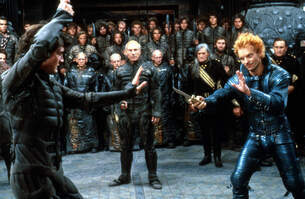
This film is an insult to the original text, its beautiful and cerebral themes, and its vast, fiercely devoted fan base. The film was too long by about two hours, and yet somehow it failed to explain properly even the most foundational concepts from the novel. Granted, the novel is dense, vast, and epic—but the movie seemed to have truly turned its nose up at the source material the way a child quits the school band when they can’t master the trumpet within a week. The ubiquitous touch of the mid-eighties didn’t help things, either. DO NOT WATCH.
The new movie is great, though. Christina's bonus: Ella Enchanted (2004)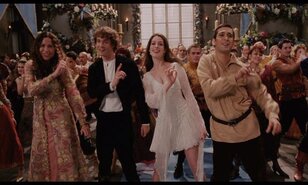
There are a couple of films out there that are terrible adaptations of their source material, but really fun in their own right. My numero uno in this category is Ella Enchanted. The book is great. The film is great. They have next to no resemblance to each other beyond some core concepts, like the main character having to obey any command and eventually falling in love (sorry, spoilers!). My brain can separate these enough to appreciate each of them without comparing them.
Mary-Peyton's fave: Anne of Green Gables (1985)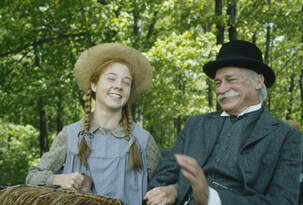
I could watch the 1985 film adaptation of this book over and over again! It really captured the heart of the book, and Megan Follows perfectly captured the wild spirit of Anne Shirley--a kind, clumsy, and stubborn girl adopted by an older couple who had wanted to adopt a boy, but ended up falling in love with the quirky redheaded bookworm. I wish every little girl could watch this movie, like I did (well, maybe not exactly like I did, since I had it on two VHS tapes). Anne didn’t fit into the small, quiet box that young ladies were meant to inhabit in her world (and still are in this world), and although people tried to shame her, she never apologized for being herself. The acting in this film was perfect, subtle, and real, and the writing kept much of the humor and heart that makes the book so wonderful. I highly recommend this for a family movie night.
Mary-Peyton's failure: The Lion, the Witch, and the Wardrobe (2005)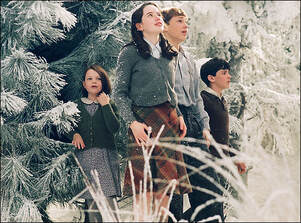
When I read these books as a kid, I was enchanted. The real world would melt away, and I’d find myself completely within the world of Narnia alongside Lucy, Edmund, Susan, Peter, and Aslan. So years later, when I first saw the movie trailer, I was beyond excited. But I was so disappointed in the movie. As often happens when grown-ups decide to make a popular children’s book into a movie, it had lost much of what made the story wonderful; ironically, it had lost much of its wisdom and depth. The best kids books, the classics that stay with us throughout time, deal with some really heavy and “grown-up” topics, like grief, betrayal, and loneliness, in such a way that helps kids process those things. But the movie version of such books often comes out as a shallow, cartoonish, and flashy shell of the book. Ella Enchanted, The Golden Compass, and the Percy Jackson series are great examples of this--those books are downright dark and even scary at parts, which makes the story so much more intense; the more terrible the evil, the more magical it is when good wins. Kids don’t fall in love with these magical adventures because they’re fun; they love them because they are full, deep, and emotional stories of bravery, growth, kindness, and more. The fantastical adventure is only part of the appeal. It seems like the people who made these movies missed the point.
Michael's fave: The Princess Bride (1987)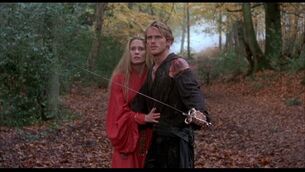
Who doesn’t love The Princess Bride film adaptation? If you don’t, I don’t want to know you. Too harsh? Maybe, but this movie is amazing! It has it all: adventure, comedy, suspense, and wuv, tru wuv. William Goldman, the author, was a huge part of the adaptation and this helped keep the movie true to the book. And with Rob Reiner directing, pure magic was made. He also directed book to movie adaptations like Stand by Me and Misery. The only bits and pieces of the book that are not found in the film were edited out simply because of time constraints. And anything added were small additions; did you know there weren’t any shrieking eels in the book? As someone who deliberately reads the book before the movie comes out so they can tell whoever will listen how much the movie failed to capture the power of the book, I’m happy to report that this is one adaptation I can do nothing but praise.
Michael's failure: Miss Peregrine's Home for Peculiar Children (2016)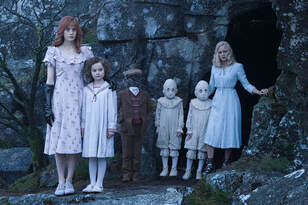
I had such high hopes for this film adaptation, especially with Tim Burton at the helm! I just knew he would be able to capture the right amount of darkness that hangs over the Peregrine universe. But . . . the movie was an utter disappointment. The author, Ransom Riggs, should have had more of an opinion during filming. Tim Burton ended up swapping the main female character’s powers for those of a weaker female character, which felt like it was just so the main male character could be more of a hero. Then, because Tim Burton wanted to work with Samuel L. Jackson so badly, he created a character and story line that isn’t found in the book. It completely changed the vibe of the first book, and the direct consequence was they couldn’t make a movie series using the other books. Maybe that was a blessing because this film was a complete letdown.
Grace's fave: Practical Magic (1998)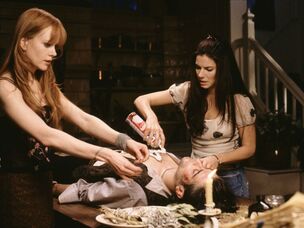
I probably watched this movie for the first time during my preteen years, so it has a special place in my heart. When I found out it was based on a book by none other than the amazing Alice Hoffman, I had to read it. Even though I really enjoyed this book, I truly think the movie is a culmination of the book’s strongest parts—and that’s not just because of the “special place in my heart” thing I mentioned. Okay, maybe a little. There are plenty of differences between the book and movie versions, and they’re both fabulous in their own ways, but I think the Practical Magic movie is an awesome example of how a film adaptation doesn’t have to be a scene-for-scene remake of the book to be good.
Grace's failure: Percy Jackson and the Olympians: The Lightning Thief (2010)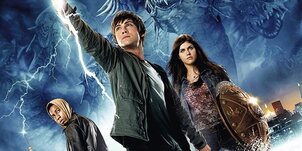
This movie adaptation is so bad that I haven’t even seen it!! I’ve heard enough to know I need to stay away, far away. I know, I probably should’ve included a movie adaptation I’ve actually seen, but the validity of our list would’ve been called into question without, so did I really have a choice? I somehow missed the Percy Jackson train when it rolled through years ago, so I’m catching up and reading them now. I’m smack-dab in the middle—ugh, maybe I’ll end up watching the movie one day. I’ll let you know if I do!
Feel free to add to our list with your favorite and least favorite book-to-film adaptations in the comments below! by Grace Ball We're all here because we love books. Check out the books that have inspired the Wildling staff, and click on any cover image to purchase through Bookshop.org! Christina's favesGrace's favesMary-Peyton's favesMichael's faves |
How Do I Book?We'll try to find the answer to that question in our blog. Archives
August 2023
Categories
All
|

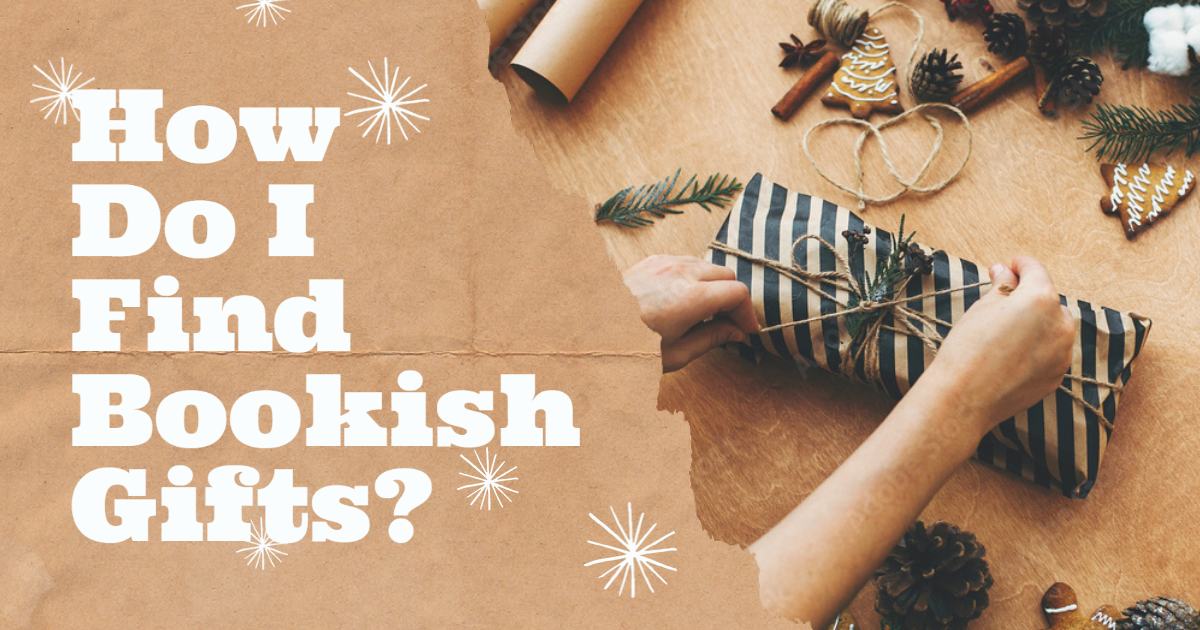
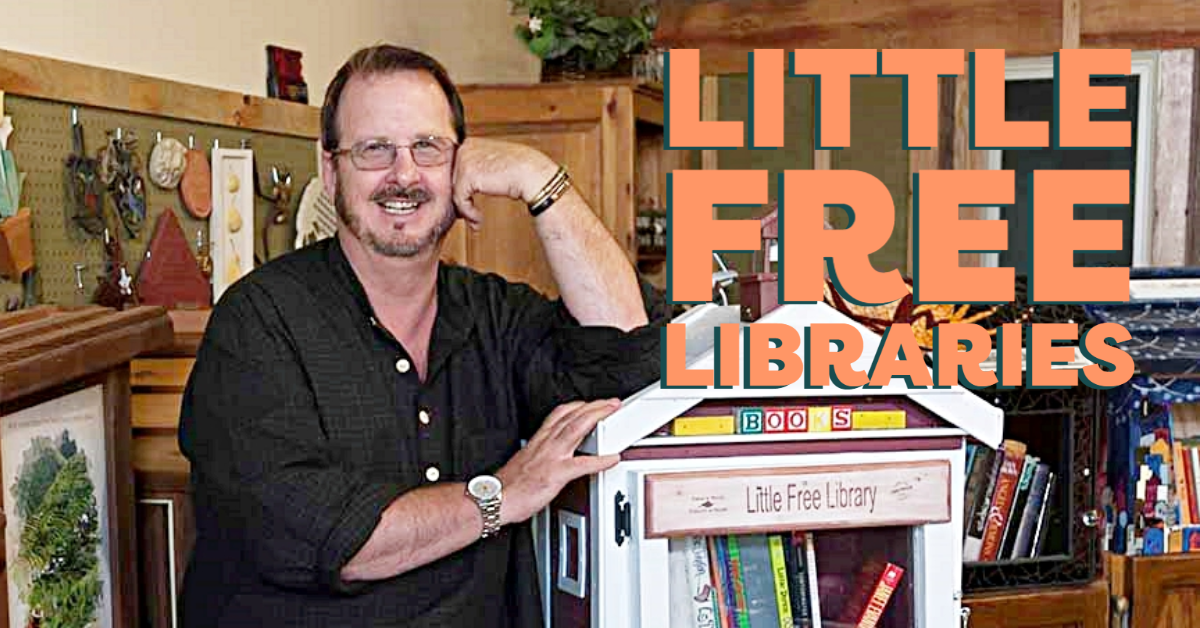
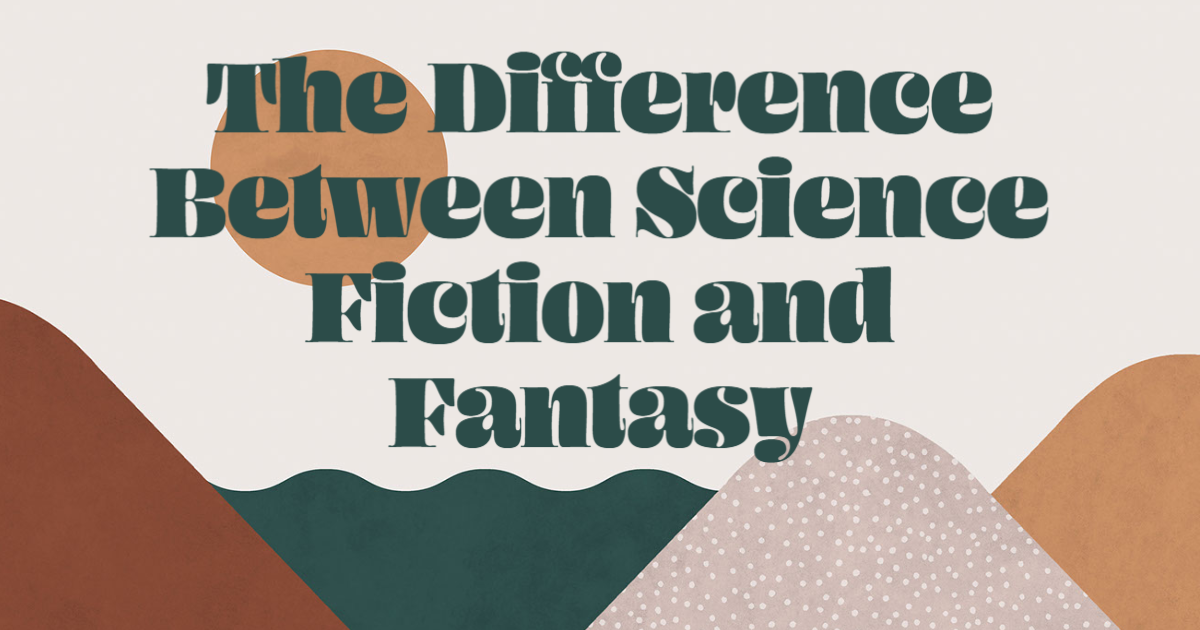
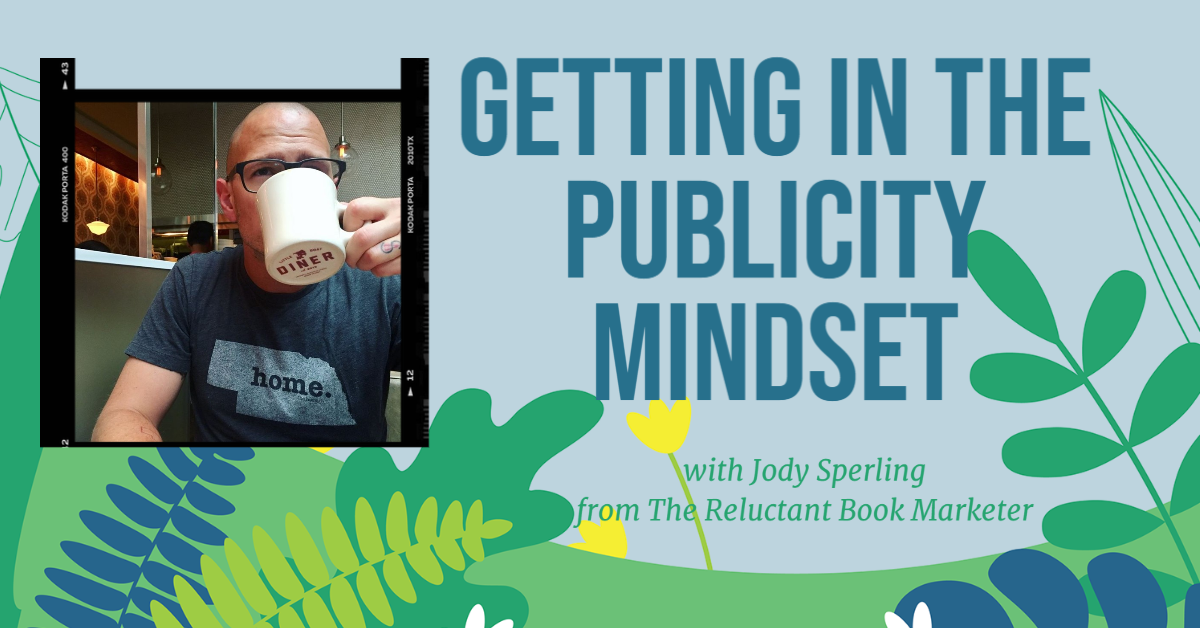
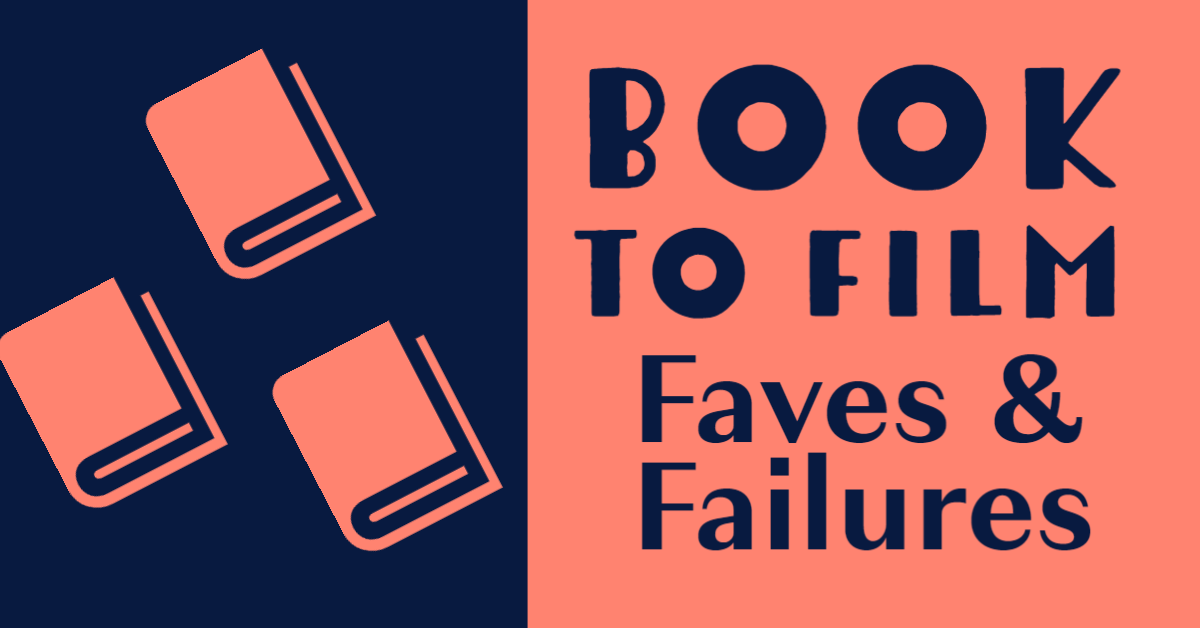

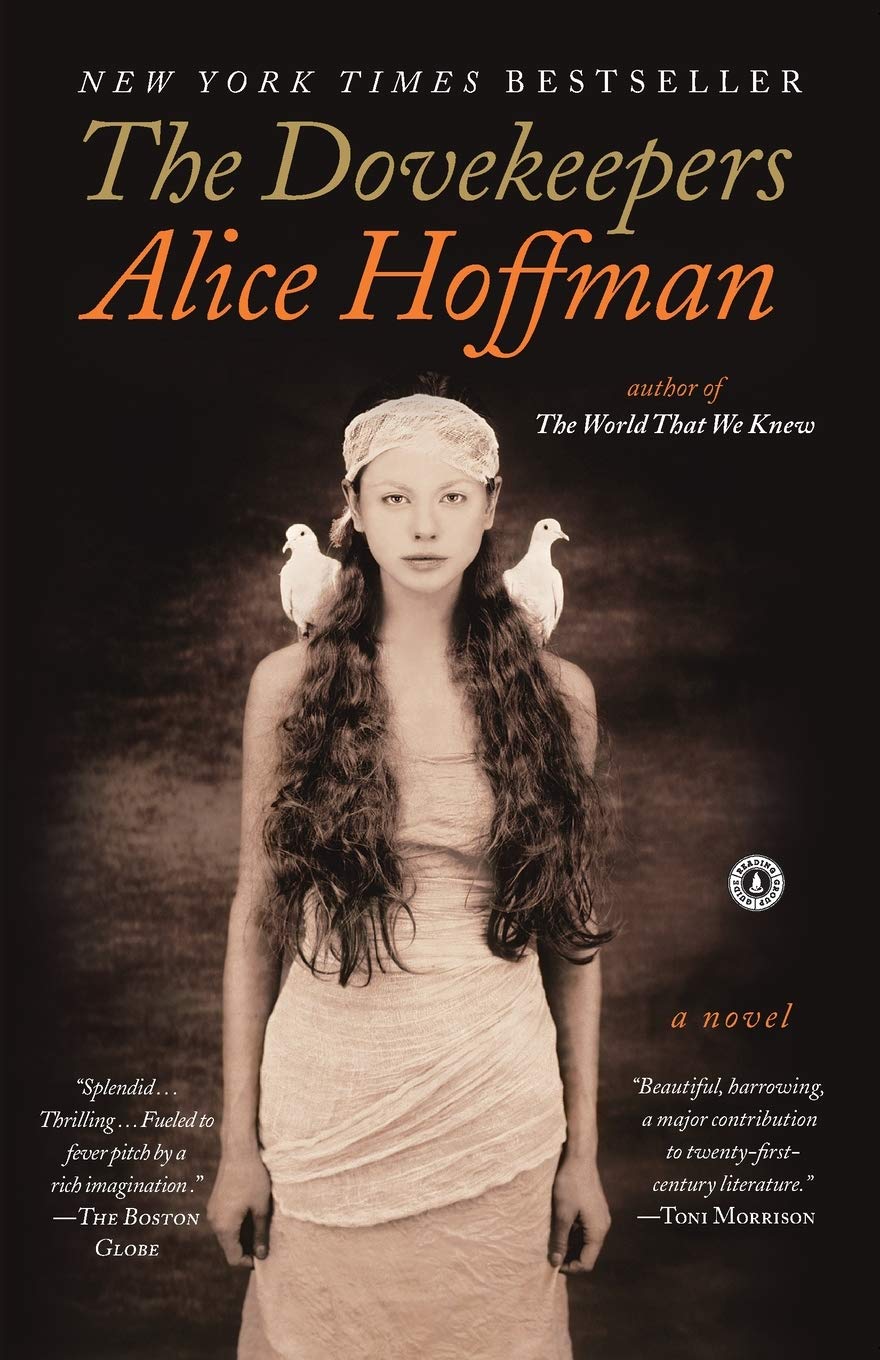
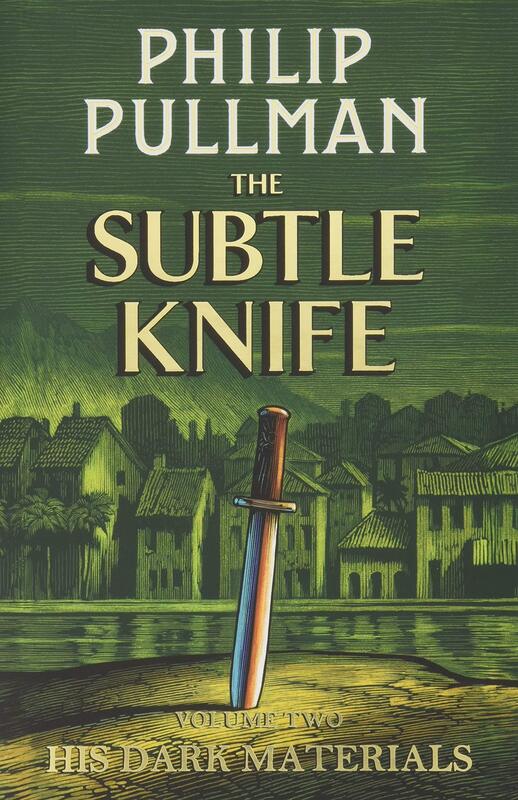
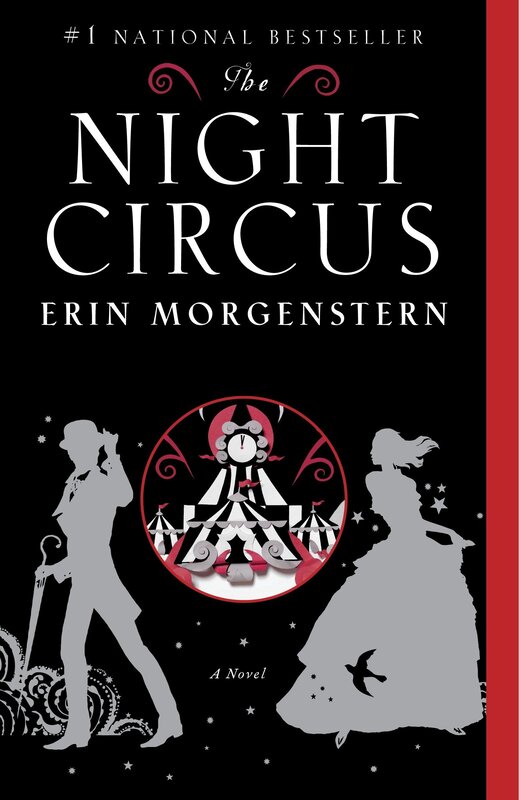
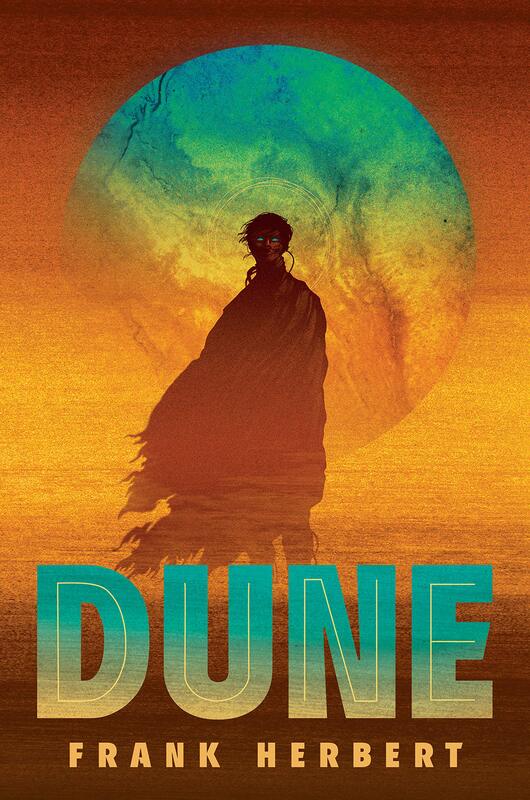
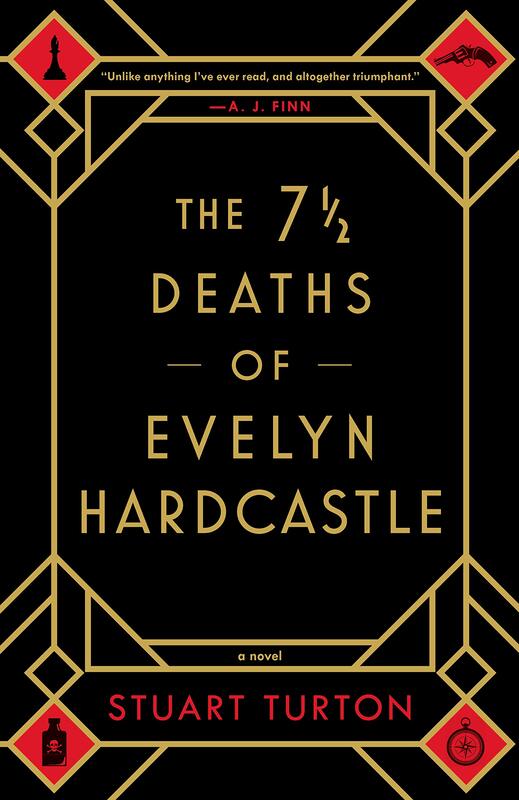
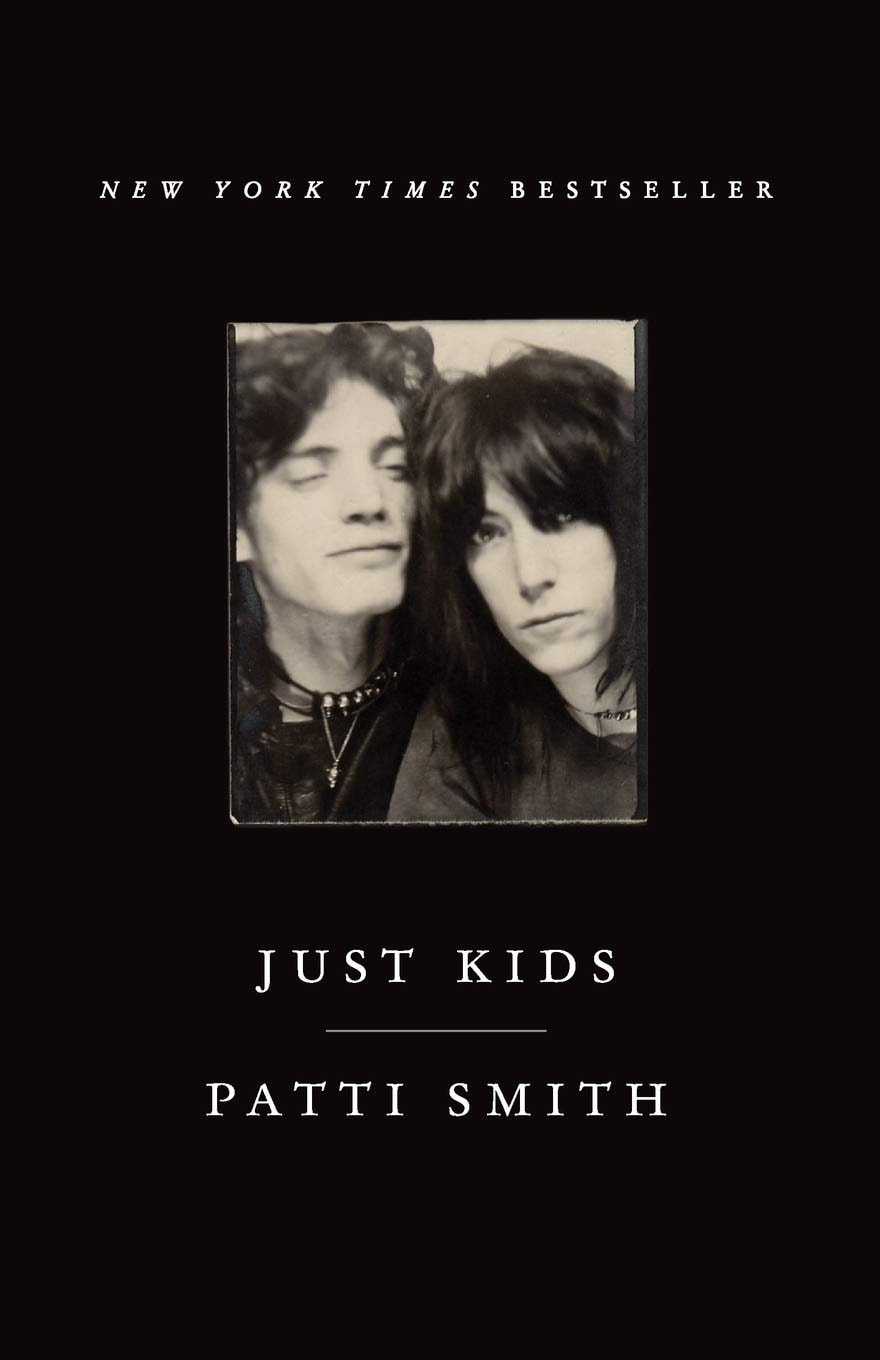
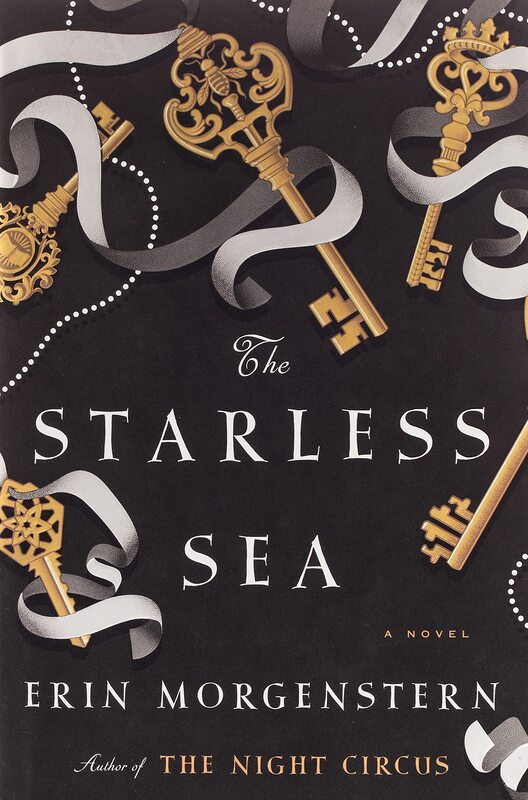
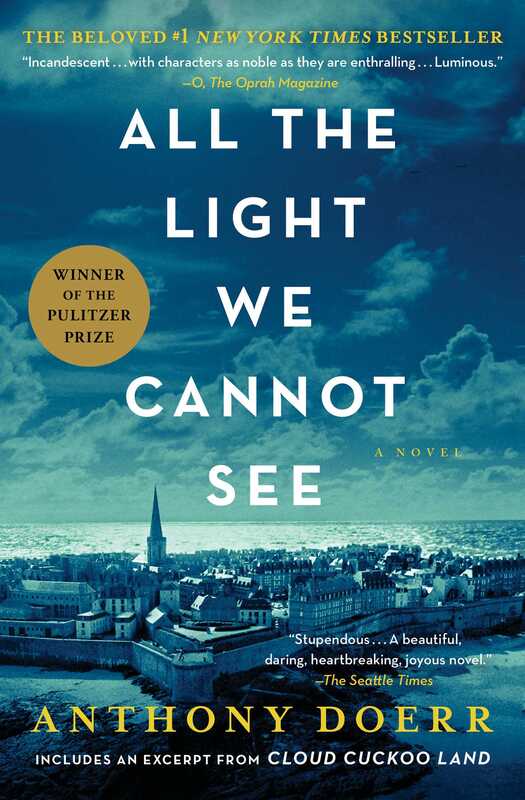
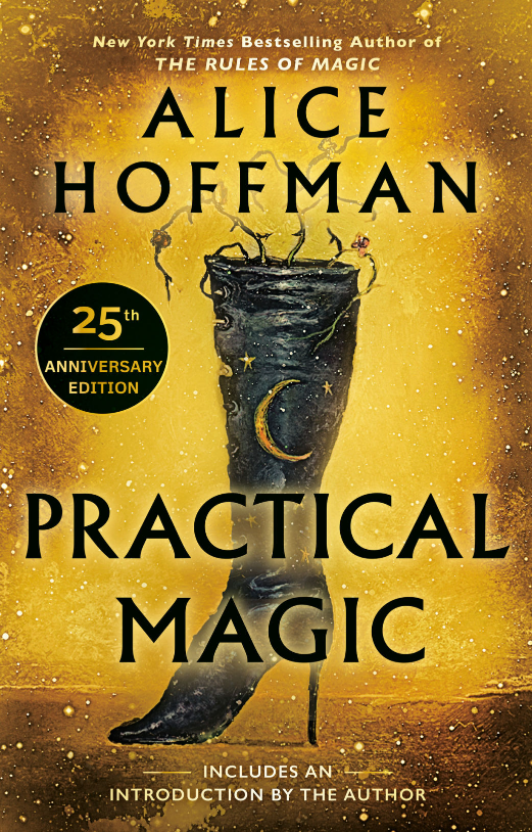
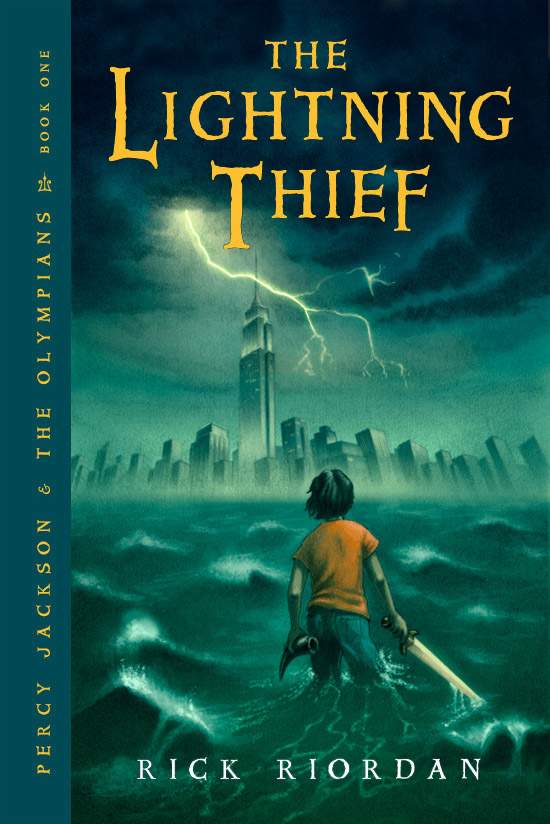
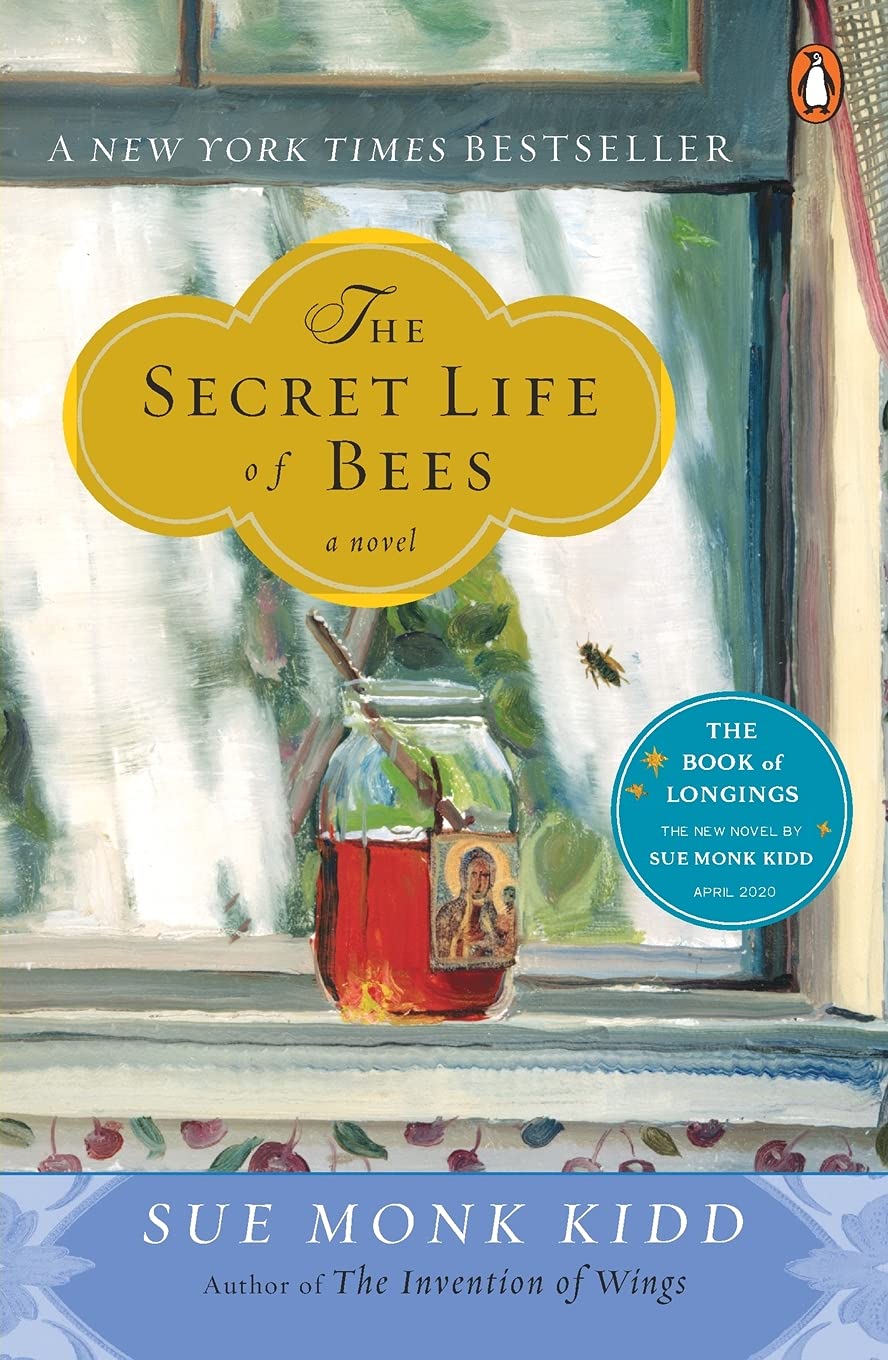
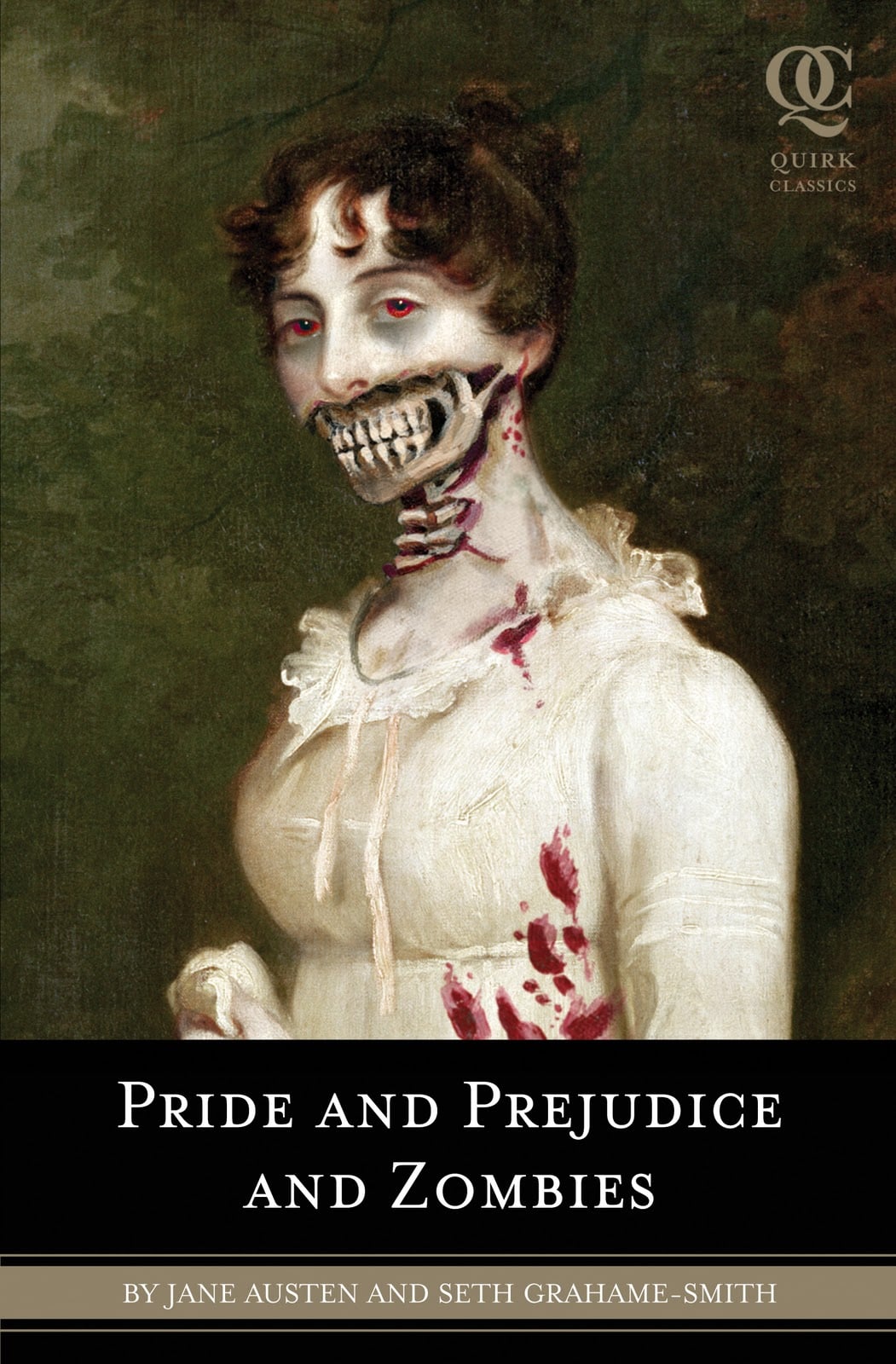
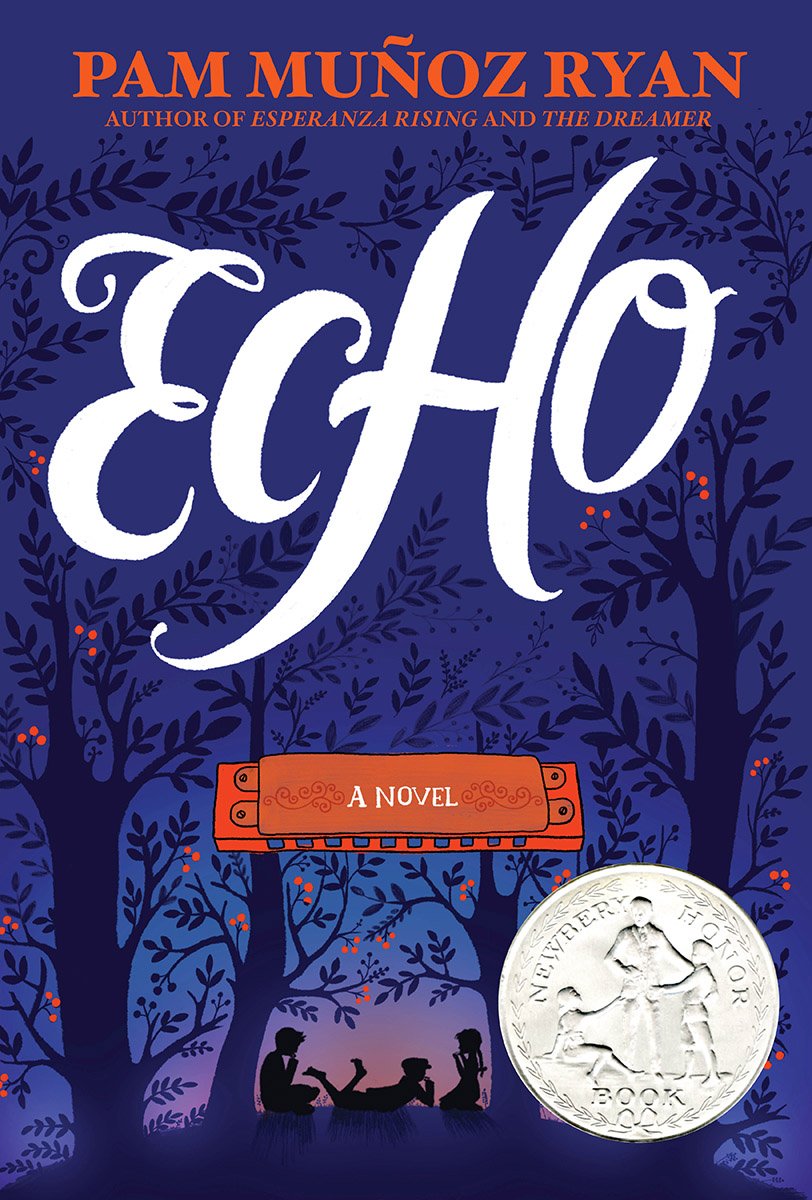
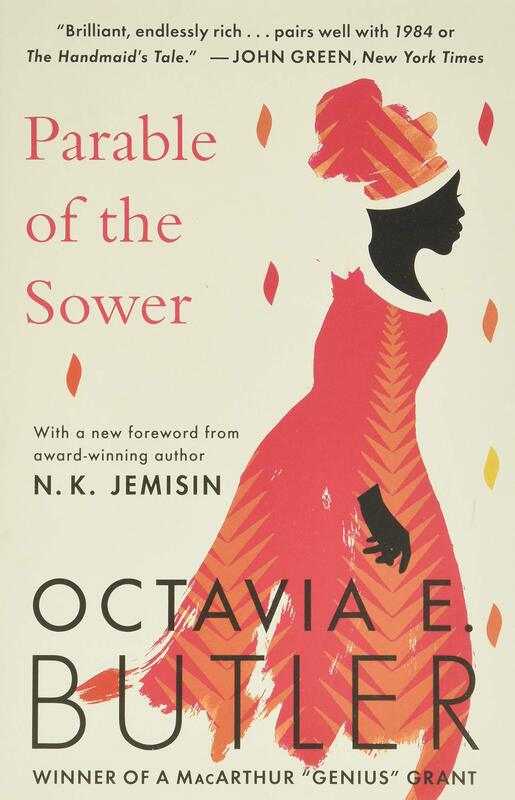
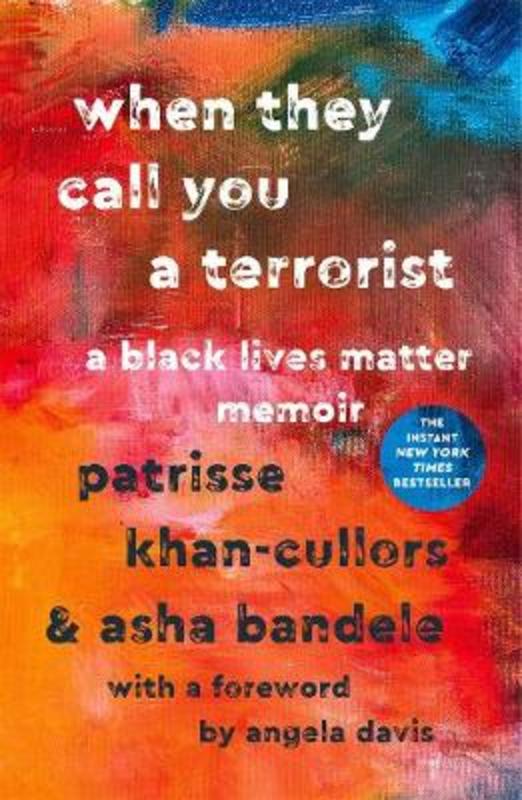
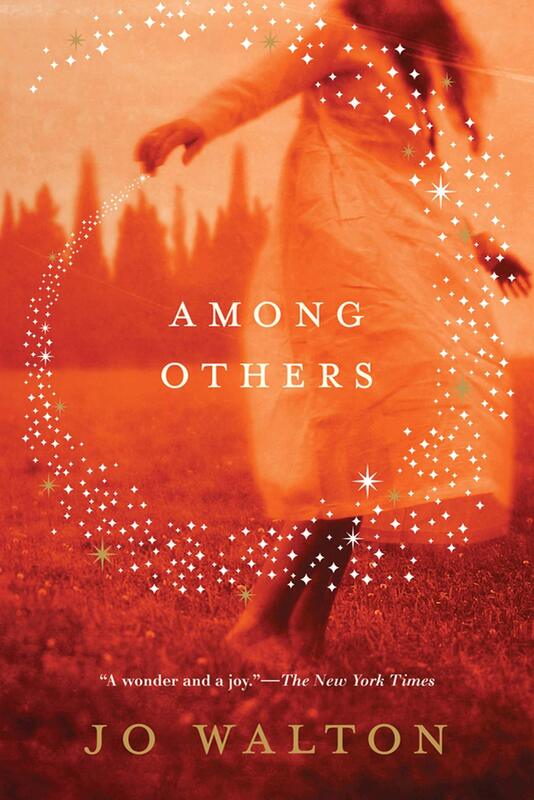
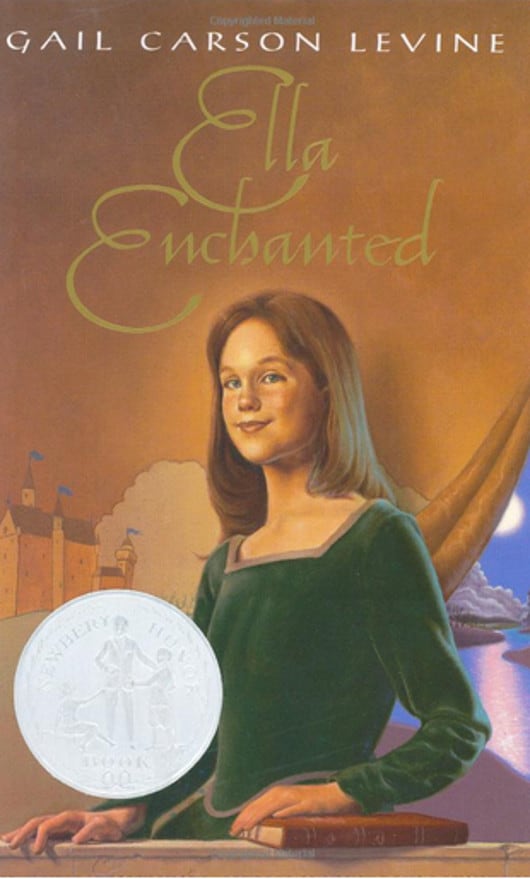
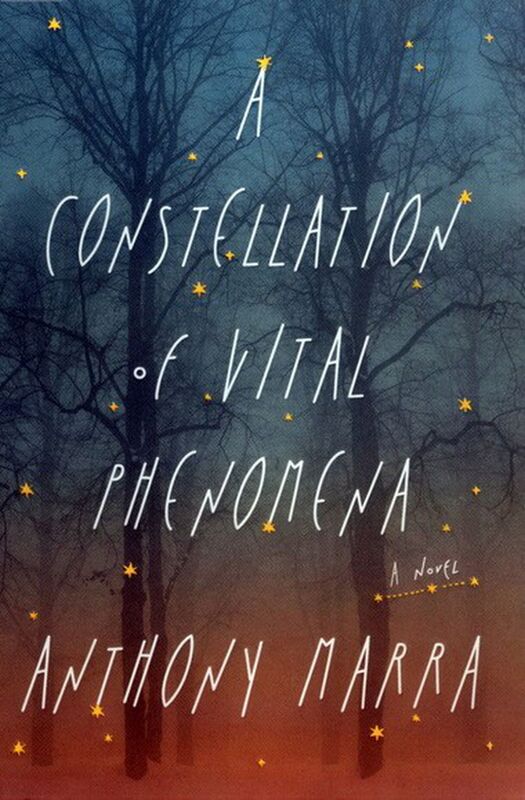
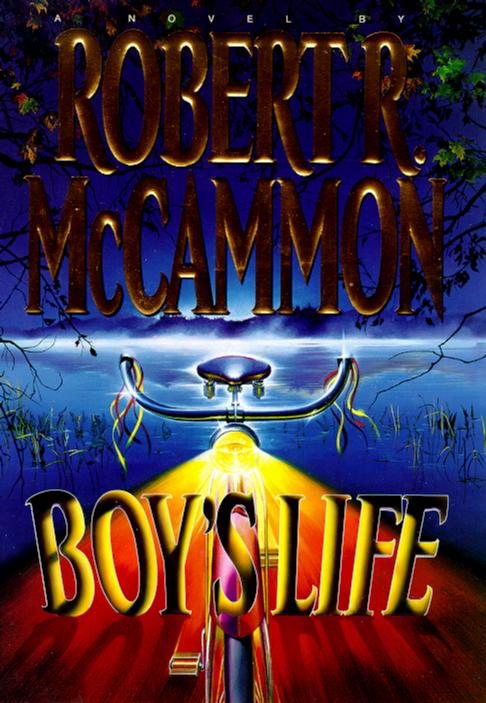
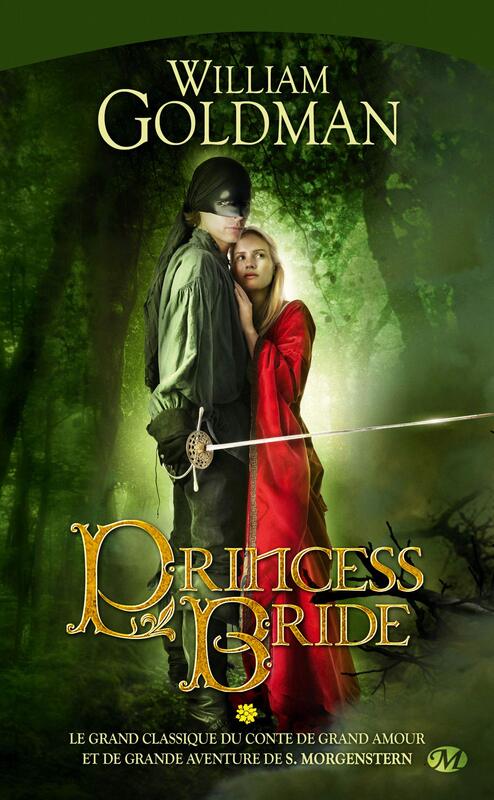
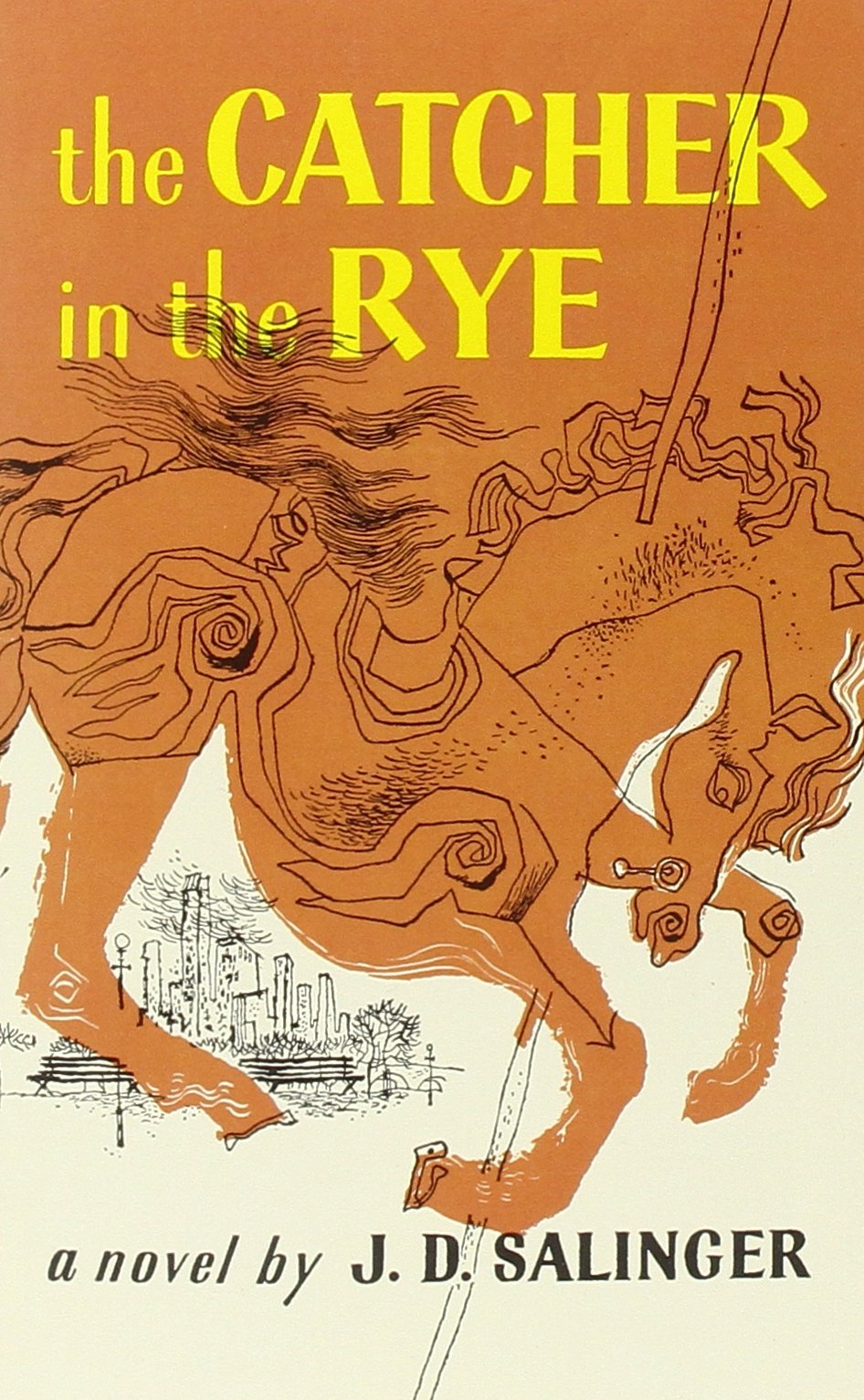
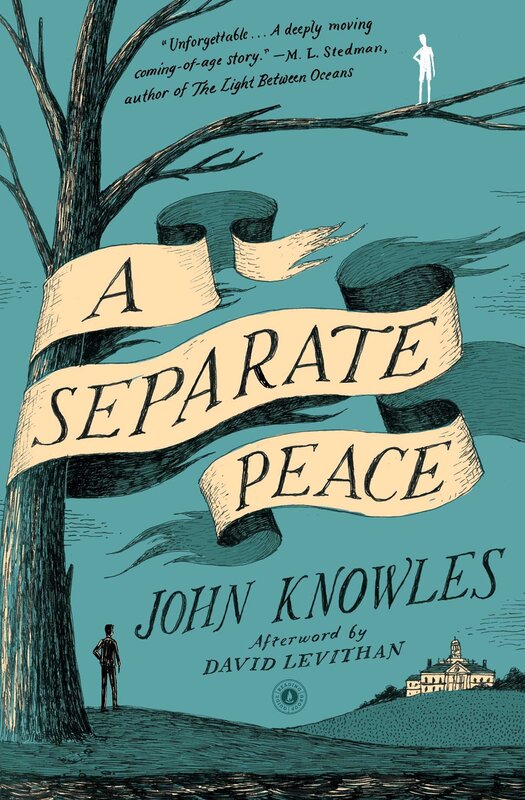
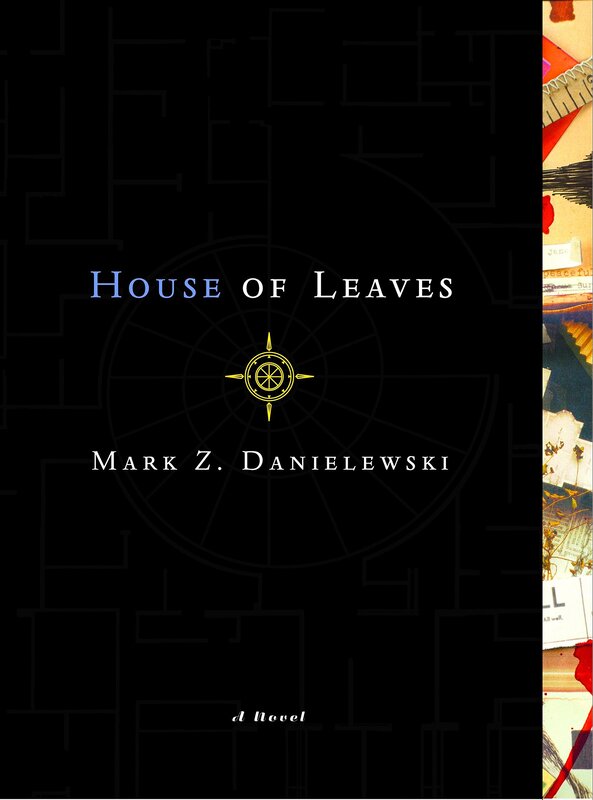
 RSS Feed
RSS Feed